We try eight of the new Omusubi sweets that people in Japan are going crazy for right now.
onigiri (Page 6)
The country’s favorite portable food is your best friend while traveling in Japan, and here are 10 types to become buddies with.
Lawson convenience stores took two staples of Japanese cuisine and smashed them together for our pleasure.
These rice balls are meant to be cooked easily and to last for a long time…but do they sacrifice flavor for function?
Our Japanese reporter investigates the Michelin-recommended udon restaurant and nabs one of their precious thirty meals per day.
Read More
We’ve all heard of instant noodles; now it’s time for instant rice balls. Or…sort of instant.
Handmade leather accessories are specially designed for Japan’s greatest, healthiest convenience store snack.
Onigiri Action World Food Day campaign is donating meals to children in Africa and Asia for every rice ball photo shared online with its hashtag.
In Japan, rice balls can be flavored with almost anything, so we decided to make some from the most exclusive seasoning of all: salt made from Mr. Sato’s sweat!
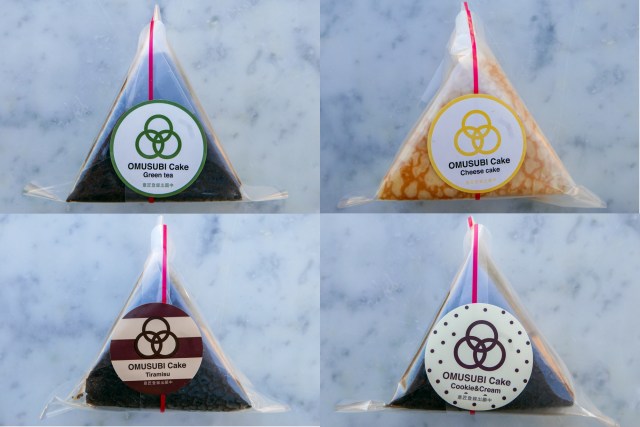
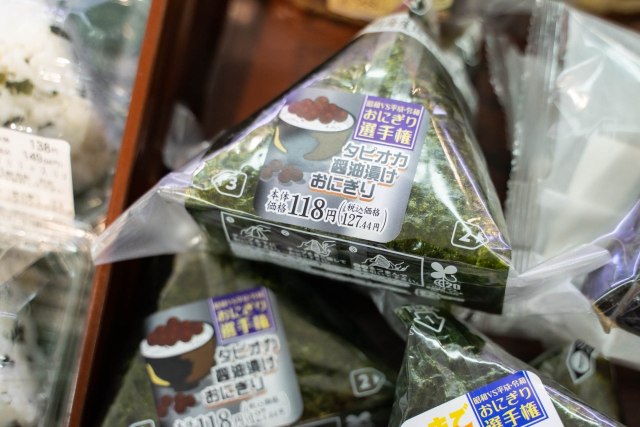

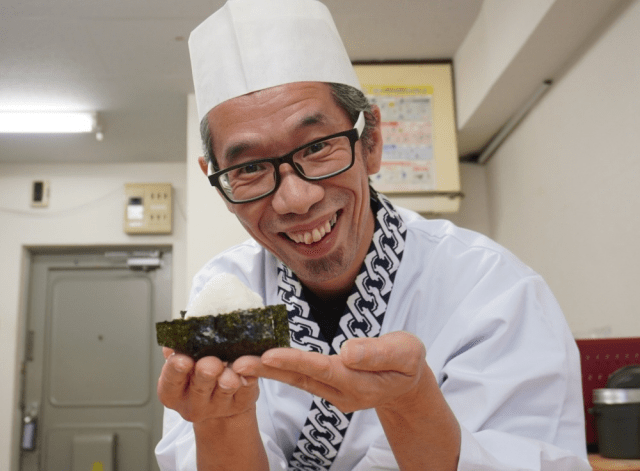

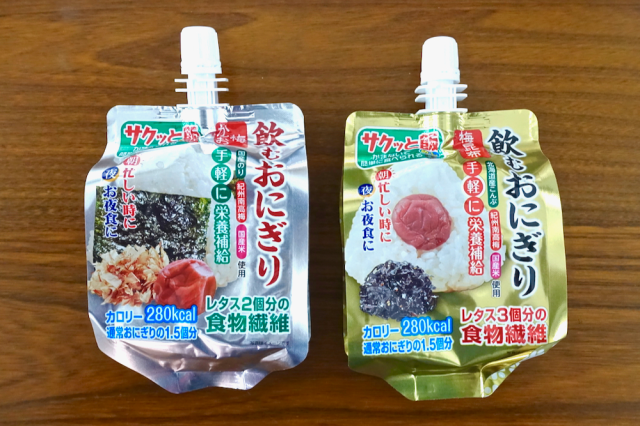
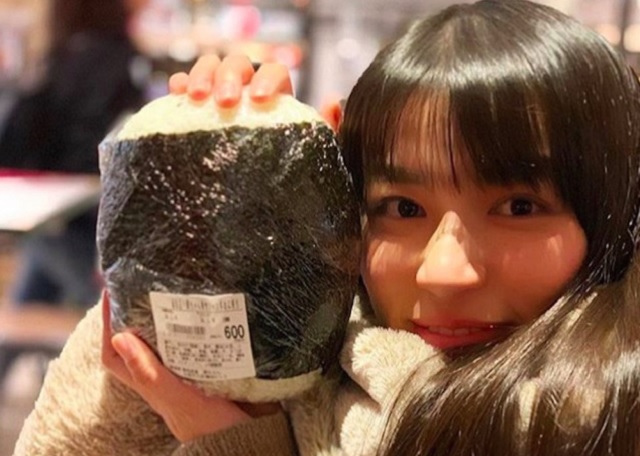
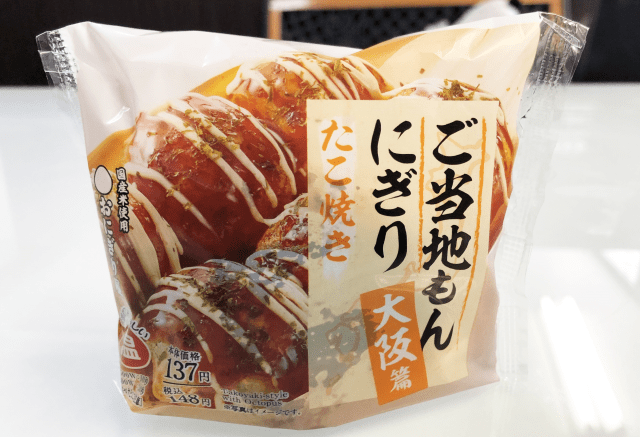
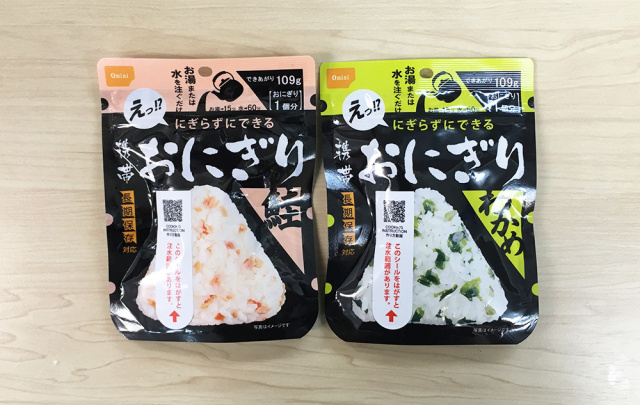
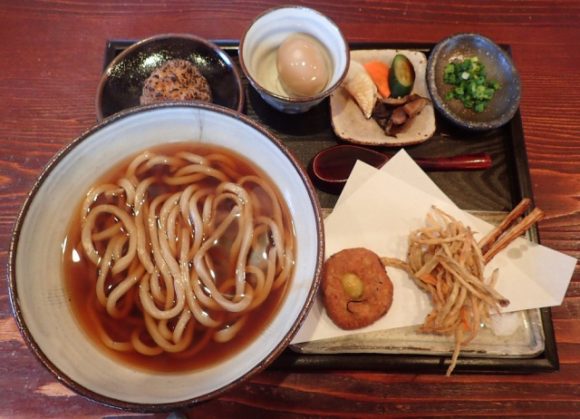
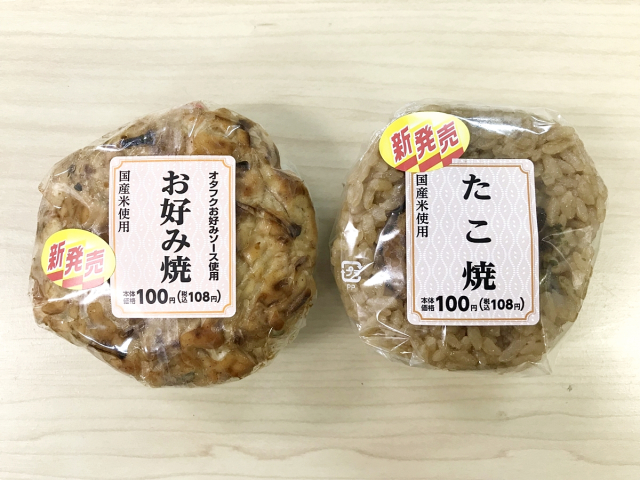
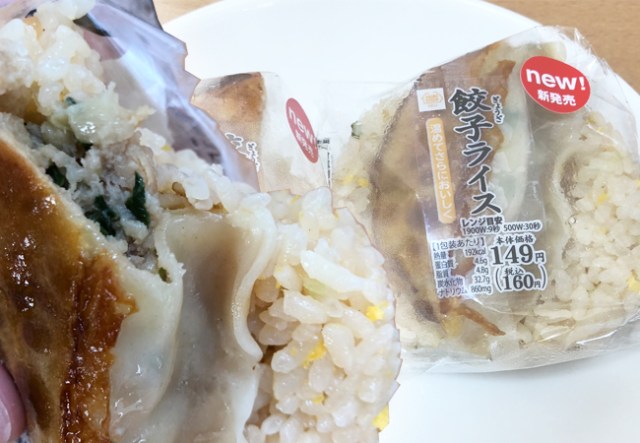
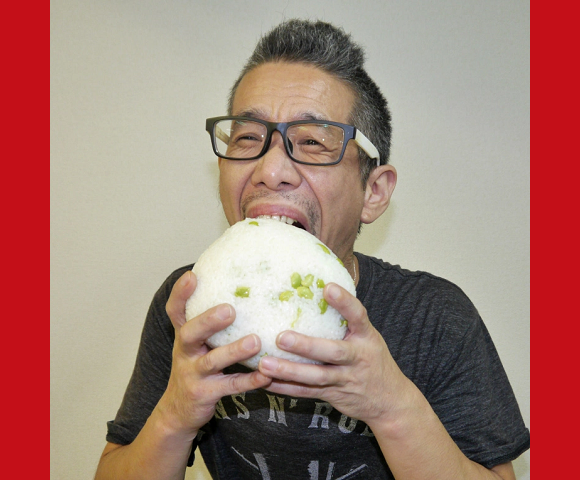
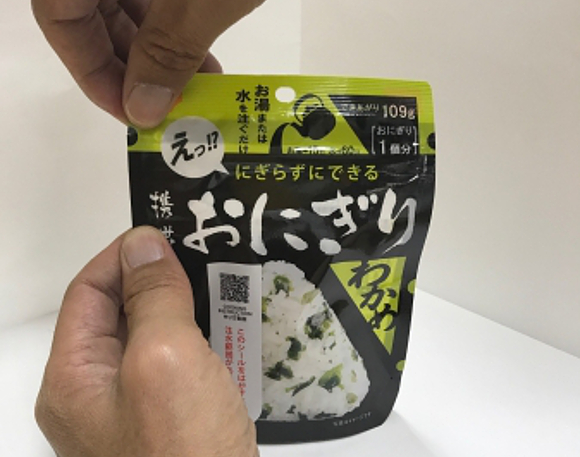
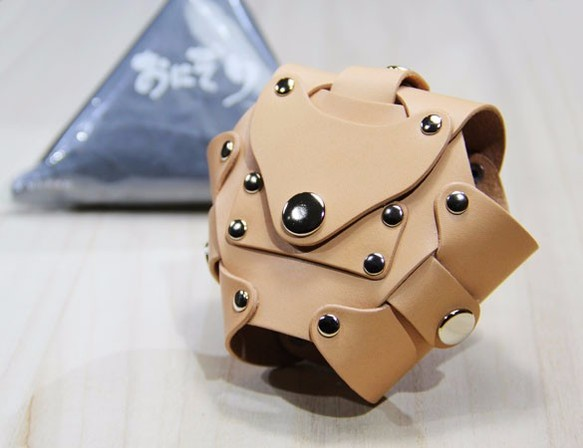
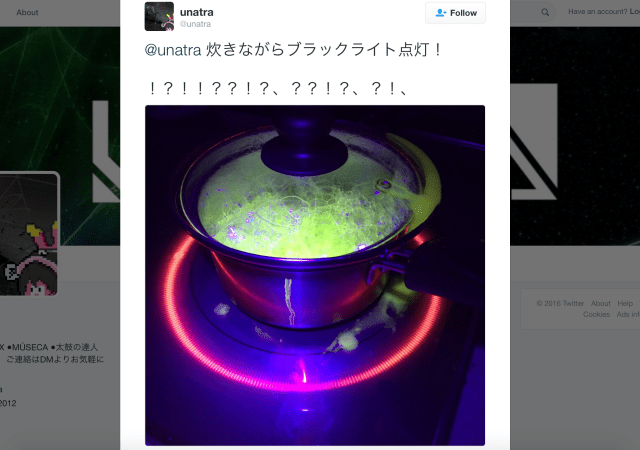
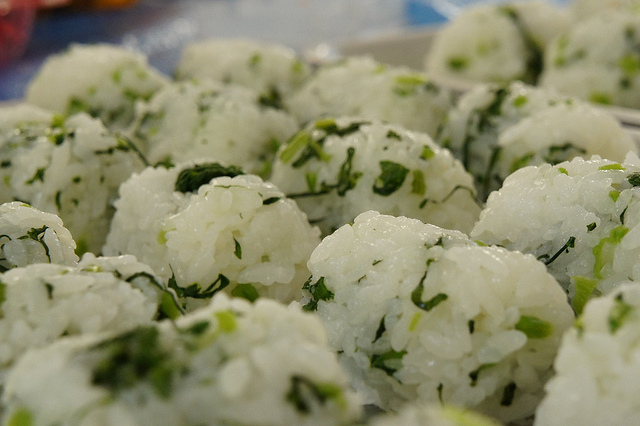


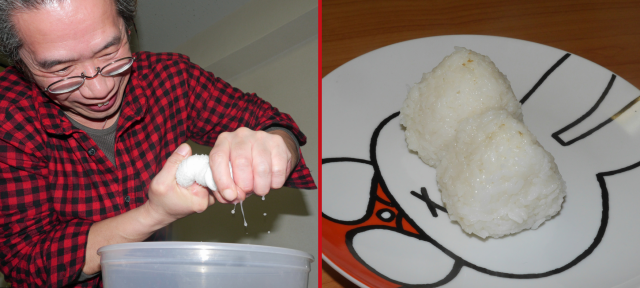
 Japan’s newest Shinkansen has no seats…or passengers [Video]
Japan’s newest Shinkansen has no seats…or passengers [Video] Foreigners accounting for over 80 percent of off-course skiers needing rescue in Japan’s Hokkaido
Foreigners accounting for over 80 percent of off-course skiers needing rescue in Japan’s Hokkaido Man arrested in Japan after leaving car in coin parking lot for six years, racking up three-million-yen bill
Man arrested in Japan after leaving car in coin parking lot for six years, racking up three-million-yen bill Satisfy your sweet tooth with cheesecake and more all-you-can-eat sweets at Cheese Garden
Satisfy your sweet tooth with cheesecake and more all-you-can-eat sweets at Cheese Garden Japan law lets you claim reward for finding lost property, man may have scammed it over 60 times
Japan law lets you claim reward for finding lost property, man may have scammed it over 60 times Our reporter is willing to die on the pseudo-Italian restaurant Olive Hill
Our reporter is willing to die on the pseudo-Italian restaurant Olive Hill Paying for prostitution isn’t illegal in Japan, but it could be soon
Paying for prostitution isn’t illegal in Japan, but it could be soon Krispy Kreme Japan’s sakura donuts are almost here!
Krispy Kreme Japan’s sakura donuts are almost here! Japan’s otoshidama tradition of giving kids money at New Year’s gets a social welfare upgrade
Japan’s otoshidama tradition of giving kids money at New Year’s gets a social welfare upgrade Man in Japan takes four parakeets hostage in attempt to force woman to meet with him
Man in Japan takes four parakeets hostage in attempt to force woman to meet with him Is China’s don’t-go-to-Japan warning affecting the lines at a popular Tokyo gyukatsu restaurant?
Is China’s don’t-go-to-Japan warning affecting the lines at a popular Tokyo gyukatsu restaurant? Three beautiful places to see Japan’s plum blossoms after starting your day in downtown Tokyo
Three beautiful places to see Japan’s plum blossoms after starting your day in downtown Tokyo Downloads of 39-year-old Guns N’ Roses song increase 12,166 percent thanks to Gundam
Downloads of 39-year-old Guns N’ Roses song increase 12,166 percent thanks to Gundam A look back on 40 years of Japanese schools banning stuff
A look back on 40 years of Japanese schools banning stuff Take a trip to Japan’s Dododo Land, the most irritating place on Earth
Take a trip to Japan’s Dododo Land, the most irritating place on Earth Huge Evangelion Unit-01 head appearing in lights in Japan to celebrate anime’s 30th anniversary
Huge Evangelion Unit-01 head appearing in lights in Japan to celebrate anime’s 30th anniversary New Family Mart cinema opens inside Japanese airport
New Family Mart cinema opens inside Japanese airport Starbucks Japan releases new drinkware and goods for Valentine’s Day
Starbucks Japan releases new drinkware and goods for Valentine’s Day Japan releases first official sakura cherry blossom forecast for 2026
Japan releases first official sakura cherry blossom forecast for 2026 Archfiend Hello Kitty appears as Sanrio launches new team-up with Yu-Gi-Oh【Pics】
Archfiend Hello Kitty appears as Sanrio launches new team-up with Yu-Gi-Oh【Pics】 China’s don’t-go-to-Japan warning looks to be affecting tourist crowds on Miyajima
China’s don’t-go-to-Japan warning looks to be affecting tourist crowds on Miyajima Studio Ghibli releases new “komorebi” plush toys from Princess Mononoke and Spirited Away
Studio Ghibli releases new “komorebi” plush toys from Princess Mononoke and Spirited Away Yokai are descending upon Tokyo this spring in the latest immersive art experience
Yokai are descending upon Tokyo this spring in the latest immersive art experience Japan’s Naruto theme park now offering real-world version of Minato’s kunai ninja weapon
Japan’s Naruto theme park now offering real-world version of Minato’s kunai ninja weapon New Studio Ghibli stamps leave an impression on your stationery…and your heart
New Studio Ghibli stamps leave an impression on your stationery…and your heart Survey asks foreign tourists what bothered them in Japan, more than half gave same answer
Survey asks foreign tourists what bothered them in Japan, more than half gave same answer Japan’s human washing machines will go on sale to general public, demos to be held in Tokyo
Japan’s human washing machines will go on sale to general public, demos to be held in Tokyo We deeply regret going into this tunnel on our walk in the mountains of Japan
We deeply regret going into this tunnel on our walk in the mountains of Japan Studio Ghibli releases Kodama forest spirits from Princess Mononoke to light up your home
Studio Ghibli releases Kodama forest spirits from Princess Mononoke to light up your home Major Japanese hotel chain says reservations via overseas booking sites may not be valid
Major Japanese hotel chain says reservations via overseas booking sites may not be valid Put sesame oil in your coffee? Japanese maker says it’s the best way to start your day【Taste test】
Put sesame oil in your coffee? Japanese maker says it’s the best way to start your day【Taste test】 No more using real katana for tourism activities, Japan’s National Police Agency says
No more using real katana for tourism activities, Japan’s National Police Agency says Starbucks Japan reveals new sakura drinkware collection, inspired by evening cherry blossoms
Starbucks Japan reveals new sakura drinkware collection, inspired by evening cherry blossoms Updated cherry blossom forecast shows extra-long sakura season for Japan this year
Updated cherry blossom forecast shows extra-long sakura season for Japan this year Our reporter is willing to die on the pseudo-Italian restaurant Olive Hill
Our reporter is willing to die on the pseudo-Italian restaurant Olive Hill Paying for prostitution isn’t illegal in Japan, but it could be soon
Paying for prostitution isn’t illegal in Japan, but it could be soon Krispy Kreme Japan’s sakura donuts are almost here!
Krispy Kreme Japan’s sakura donuts are almost here! Japan’s otoshidama tradition of giving kids money at New Year’s gets a social welfare upgrade
Japan’s otoshidama tradition of giving kids money at New Year’s gets a social welfare upgrade Man in Japan takes four parakeets hostage in attempt to force woman to meet with him
Man in Japan takes four parakeets hostage in attempt to force woman to meet with him We followed Tokyo’s mystery walking map and ended up creating our own bar-hopping adventure
We followed Tokyo’s mystery walking map and ended up creating our own bar-hopping adventure Super Budget Dining in Japan – What’s the best way to spend 1,000 yen (US$6.70) at Saizeriya?
Super Budget Dining in Japan – What’s the best way to spend 1,000 yen (US$6.70) at Saizeriya? Floating hologram registers coming to Japanese convenience stores【Video】
Floating hologram registers coming to Japanese convenience stores【Video】 New Family Mart cinema opens inside Japanese airport
New Family Mart cinema opens inside Japanese airport Private booths are coming to Japan’s Shinkansen bullet trains even sooner than we’d thought【Video】
Private booths are coming to Japan’s Shinkansen bullet trains even sooner than we’d thought【Video】 Blowfish-shaped fugu bento appears to celebrate Japan’s Blowfish Day [Taste test]
Blowfish-shaped fugu bento appears to celebrate Japan’s Blowfish Day [Taste test] Japan’s most famous Mt. Fuji view park cancels cherry blossom festival because of overtourism
Japan’s most famous Mt. Fuji view park cancels cherry blossom festival because of overtourism 64 Sanrio characters, decades of kawaii culture history all on one cup from 100-yen store Daiso!【Pics】
64 Sanrio characters, decades of kawaii culture history all on one cup from 100-yen store Daiso!【Pics】 Starbucks Japan joins Been There drinkware line with 20 cool designs for all over Japan【Pics】
Starbucks Japan joins Been There drinkware line with 20 cool designs for all over Japan【Pics】